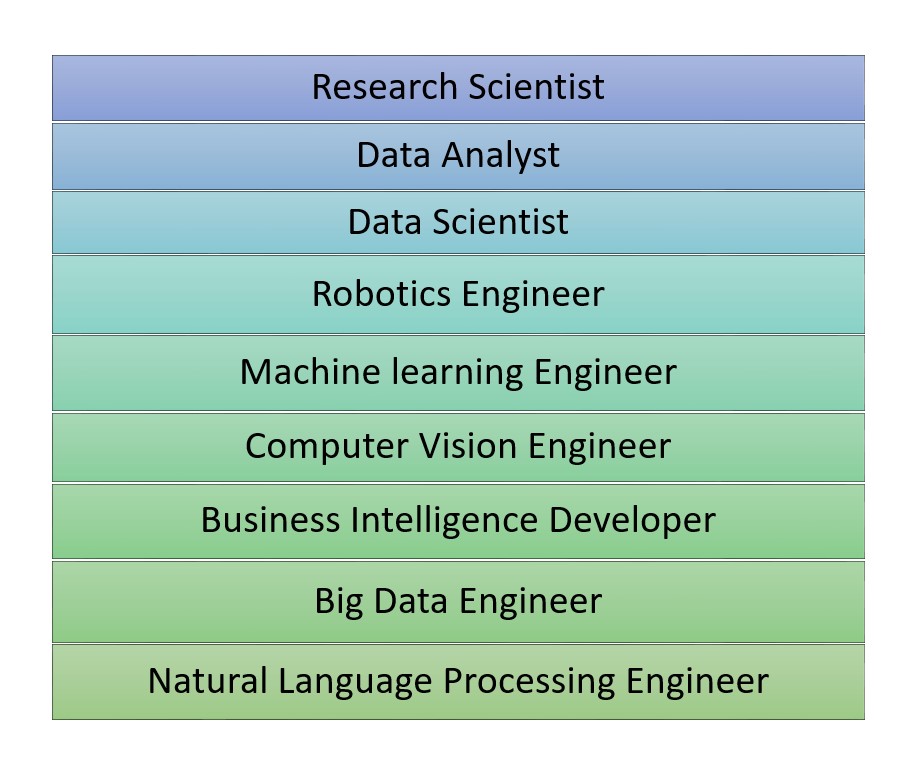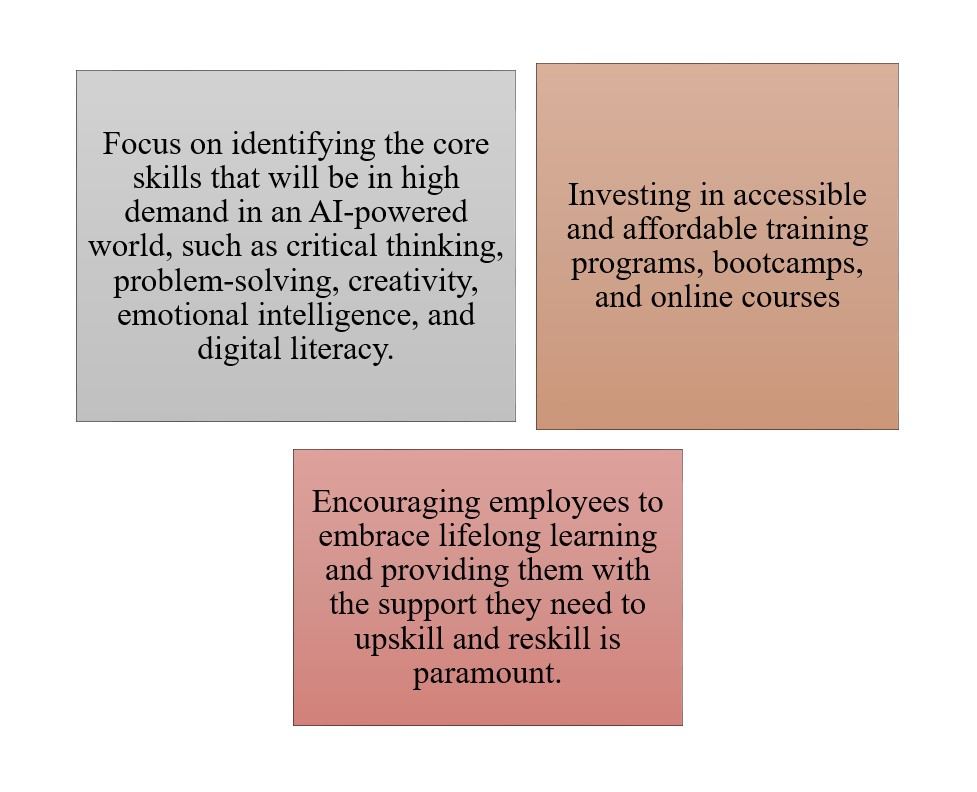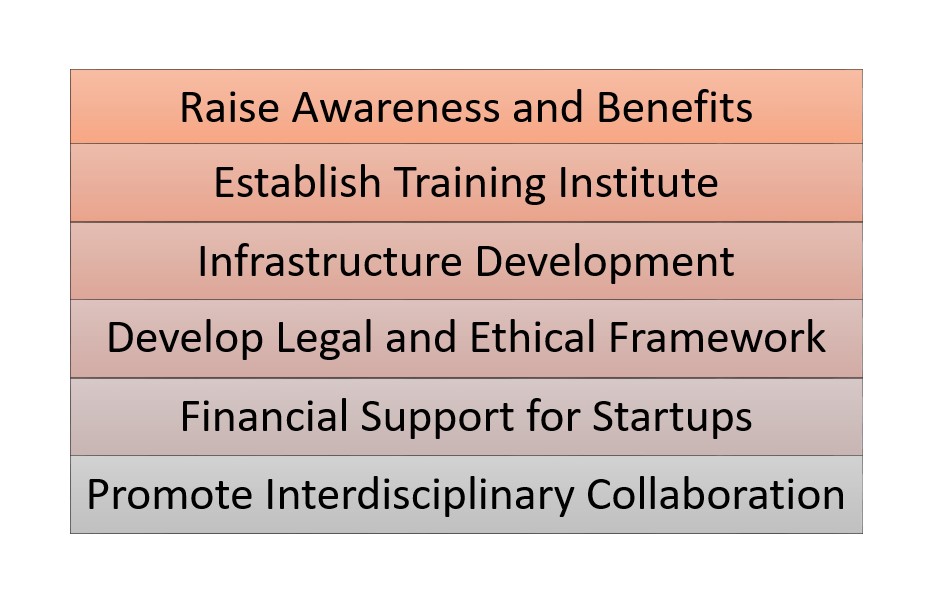Artificial intelligence (AI) is quickly changing the nature of employment itself in the workplace.
This is bringing in a new era when automation is redefining old job positions and presenting opportunities as well as problems for workers across industries.
Furthermore, automation increases productivity by minimizing the workload and streamlining the tasks. However, minimizing human errors and 24/7 operations without any exhaustion boosts productivity.
According to McKinsey’s report, automation increases global productivity growth by 0.8% to 1.4% annually. This growth enables many slow-down companies to earn more profit.
We can say that; automation is a powerful mechanism to increase human talent as well as open doors to more fruitful work experiences.
According to recent research, 30% of business owners reduce labor costs by automating their business tasks and 73% of IT leaders believe that automation saves time which ultimately boosts productivity.
How Automation is Reshaping Roles, Not Just Replacing Jobs
It’s no secret that automation driven by AI is altering the nature of work. Once common in many job descriptions, repetitive, rule-based tasks are increasingly being performed by intelligent robots.
This change, though, does not always translate into a large-scale loss of jobs. Rather, what we’re seeing is a redefinition of job roles, with human workers being open-minded from routine duties and given more authority to concentrate on higher-level tasks that call for special human abilities.
Think about how AI is affecting the finance sector. These days, high-accuracy automation is possible for tasks like data input, basic financial analysis, and even some aspects of investment management.
Financial analysts are still necessary, but their function is altered by this.
Now that they are not obligated to spend their days crunching data, they can devote their time to strategic decision-making, cultivating client relationships, and spotting fresh investment opportunities—tasks that AI is yet unable to fully comprehend and that call for human judgment, intuition, and creativity.
How Humans and AI Redefine Productivity
The nature of work in the future will be people working with AI, not people versus AI.
We are about to enter a new era of human-AI collaboration, in which human workers and intelligent machines work together as partners, utilizing our unique skills to accomplish shared objectives.
Consider a medical environment where artificial intelligence (AI) uses patient data and medical picture analysis to help clinicians diagnose illnesses.
However, various sectors can use this collaborative concept. Robots and AI systems can do monotonous physical tasks in manufacturing, but human workers still supervise operations, handle difficult problem-solving, and maintain quality control.
Besides that, Chabot’s driven by AI can handle ordinary customer care inquiries, freeing up human agents to work on more complicated issues that call for empathy, problem-solving, and relationship-building abilities.
So, automation enhances overall business productivity and saves time.
Redefine Jobs with Automation
The merging of automation and artificial intelligence (AI) technologies, while offering increased productivity and efficiency, is bringing about a period of significant changes in the nation.
Pakistan must be prepared to take advantage of these technologies and find solutions to address any issues they may pose for workers.
Pakistan must be ready for this change and plan strategies for effectively utilizing these new technologies.
At the same time, the government must consider measures to assist those who may lose their jobs as a result of these changes; perhaps jobs will become obsolete due to automation, in which case the workforce will need to upskill or find other employment.
However, must focus on automating processes in these sectors to remain competitive in global markets while creating new high-skill jobs in these industries.
Current Situation
While automation can take over some jobs, it’s unlikely to fully replace humans due to its lack of creativity, critical thinking, and emotional intelligence.
In Pakistan, the IT sector has doubled in size over the last 4-5 years, with over 2,000 IT companies.
, the Pakistani government demonstrated its support for artificial intelligence with The National Centre of Artificial Intelligence (NCAI) in 2018
This center focuses on AI-related initiatives and research.
However, you must learn how to use it properly in order to get the maximum enjoyment out of it. AI is no different.
What Skills Are in Demand? Some AI jobs in Pakistan

Filling the Skill Gap with Reskilling and Upskilling
With the trend toward human-AI- partnership, we change the way to approach education, training, and workforce development.
The skills gap grows as AI automates more processes, necessitating a concentrated effort to upskill and reskill the workforce for occupations of the future.
Here’s where companies, governments, and academic institutions must work together:

What are Challenges
1. Lack of awareness and understanding of the technology
One of the biggest barriers to the use of automation in Pakistan is the low level of knowledge and understanding of the technology.
2. Shortage of Skilled Persons
While a considerable number of people in Pakistan are receiving degrees in computer science, there is a noticeable lack of experts in artificial intelligence (AI) who can actually design and implement AI systems.
This lack of knowledgeable professionals who can truly grasp the ins and outs of AI positions a significant barrier to the growth of the AI industry in Pakistan.
3. Poor Infrastructure
Pakistan does not have as advanced a technology infrastructure as some of its regional competitors, even with regard to high-speed internet and sophisticated computing resources.
This makes it more difficult for AI systems to be implemented and run efficiently. These systems need a strong infrastructure in order to handle and analyze data.
4. Too Little Financial Assistance
Investments in finance are necessary for AI research, development, and application.
Pakistan may be deficient in sufficient investment for AI startups and businesses. Inadequate funding might obstruct the development of AI-related projects and slow down innovation.
5. Insufficient Research& Development
To stay up to date with breakthroughs, robust adoption of AI necessitates ongoing research and development.
The nation’s growth in this area may be vulnerable to a lack of organizations and initiatives devoted to AI research and development.
However, to promote the use of AI, it is essential to educate different stakeholders on its potential and constraints.
Here are Some Recommendations
Here are some recommendations to improve automation:

Conclusion
It is undeniable that the introduction of AI into the workplace will cause disruption, yet disruption frequently leads to innovation and advancement.
Pakistan may promote equitable economic growth and lessen the adverse effects of artificial intelligence on employment by giving priority to retraining and upskilling.



